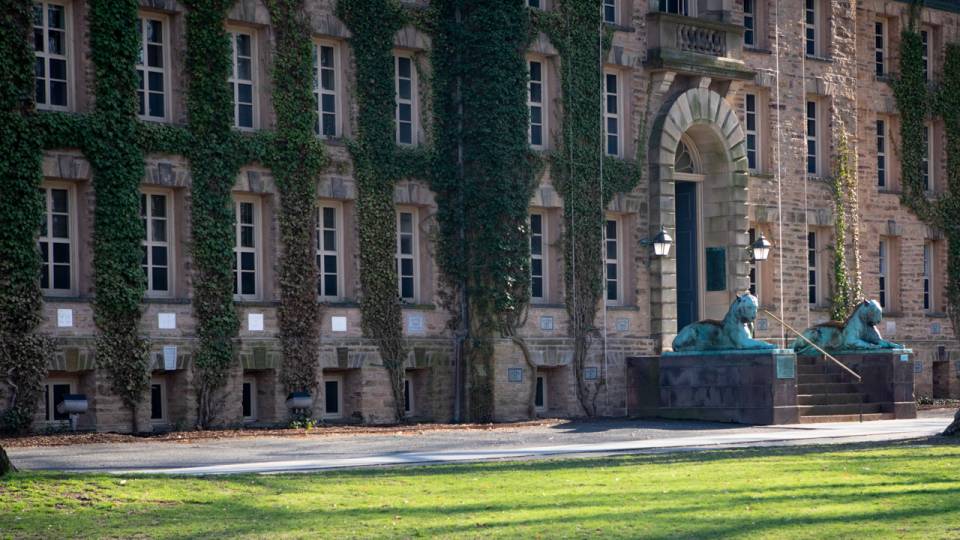William Massey, the Edwin Wilsey Professor of Operations Research and Financial Engineering at Princeton, has been awarded the 2006 Blackwell-Tapia Prize.
The award is given every other year to a mathematical scientist who has contributed significantly to research in his or her field and who has served as a role model for mathematical scientists and students from minority groups or has worked to address problems of minority underrepresentation in mathematics.
The prize was established in honor of David Blackwell and Richard Tapia, two distinguished mathematical scientists who have inspired more than a generation of minority students and professionals in the mathematical sciences. Massey will receive the award at the fourth Blackwell-Tapia Conference, to be held at the Institute for Mathematics and its Applications in Minneapolis on Nov. 3-4.
"Professor Massey has had a long and outstanding record of research both in industry when he worked for Bell Labs and now, in academia, at Princeton University -- but he also has been a wonderful example of someone who gives back to the community," said Douglas Arnold, director of the Institute for Mathematics and its Applications.
Massey is a leader in the field of queueing theory, which is the mathematical analysis of systems involving customers waiting for services or resources, such as call centers. Mathematical models of such systems allow for predictions of key performance variables such as expected response times and customer backlogs, which are critical to the efficient design and profitability of communication systems, transportation networks, computer operating systems and many other business operations.
Massey also was recognized for founding and leading the annual Conference for African American Researchers in the Mathematical Sciences, now in its 12th year, and for mentoring numerous minority and women students.
In 2005, The Journal of Blacks in Higher Education named Massey as second among the most frequently cited black mathematicians in the world.
Massey, a 1977 Princeton graduate, joined the University faculty in 2001 after 20 years as a researcher with the Mathematical Sciences Research Center at Bell Laboratories.



